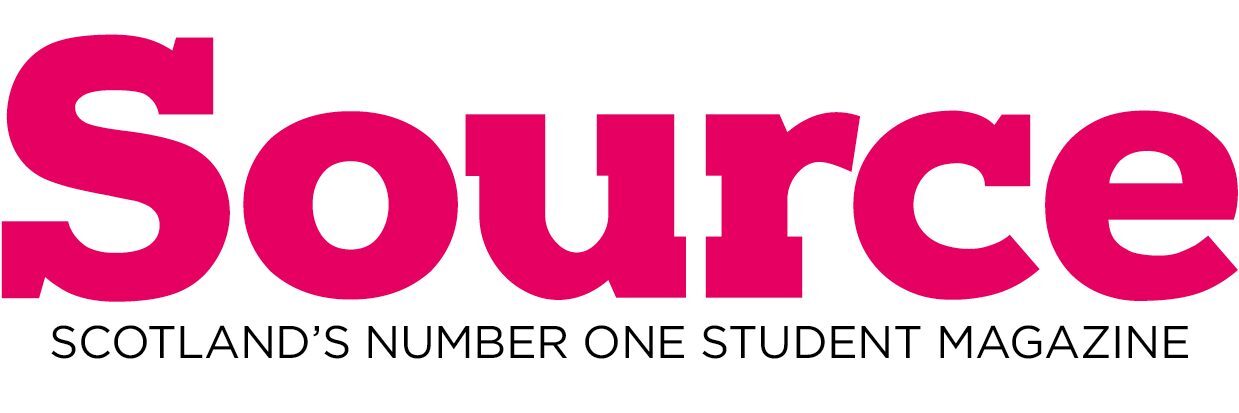 At Source, as well as dealing with the magazine and website, I’m in charge of all of our work experience requests. (If you’re keen to come in – hello! Send me an email at lindsay.cochrane@dcpublishing.co.uk with your CV and some examples of your writing and I’ll see what we can do.)
At Source, as well as dealing with the magazine and website, I’m in charge of all of our work experience requests. (If you’re keen to come in – hello! Send me an email at lindsay.cochrane@dcpublishing.co.uk with your CV and some examples of your writing and I’ll see what we can do.)
We at Source know that work experience is really important to get on your CV, no matter what career path you want to get into. Employers are always impressed by people who have gone out of their way to find out more about a particular line of work, and you might pick up some skills you can’t learn in a classroom or lecture hall.
But, of course, it’s not as straightforward as waltzing into an office and getting acquainted with the kettle (making tea on work experience is a must). You’ve got to get over some hurdles first – namely, the person in the company who handles work experience candidates. They’re the person you need to wow – and believe it or not, it’s simpler than you’d think. I’ve outlined a few things to keep in mind next time you’re approaching a company for work experience below…
Be polite
When on the work experience hunt, there’s one thing to remember: politeness. If you call a company, use your best telephone voice, remember your pleases and thank yous, emphasise how grateful you’d be to get experience – basically, suck up a bit. Don’t do the below:
“Hi. So, eh… Can I come in and do work experience?”
“Possibly – what’s your name?”
Sigh. Tut.
That would be funny if I hadn’t actually been on the receiving end of that phone call. The sigher and tutter did not get a placement. (I could practically hear her rolling her eyes at one point when I went to spell my email address out for her.)
The same applies if you’re emailing or writing a letter. You might still be at school, college or uni so generally you’ll communicate in a more casual manner, but the person you’re dealing with is a professional in their field and will operate differently. So think like a working adult. No kisses, no smilie faces, no ‘lol’ing and sign up for a new grownup email address (mrs_styles_89 and afc_davie_afc are probably going to get overlooked). Keep your language friendly but professional – signing off with ‘kind regards’ or ‘best wishes’ is advisable. Always send your CV with your first email or letter too as they’re probably going to ask for it anyway. The majority of organisations aren’t going to say, “Sure, come on in!” on the basis of one friendly email – they need to know a bit more about you, what you’re doing, what your interests are and what experience you have.
Know your stuff
This is a true story – once, I had someone contact me looking for work experience who, when I asked if she had written anything that was similar to what we do at Source, asked: “What is it that you do?”
Always, always, always know a bit about the company you’re applying for. Google it, check out employee profiles on LinkedIn, familiarise yourself with the sort of work they do, the job roles and departments, look at past projects they’ve worked on – basically, become an expert so if they do ask you a question relating to their business, you know the answer.
Clean up your act
These days, 77% of employers admit to Googling or researching applicants, so make sure that your public presence online is squeaky clean. Stumbling across a Twitter profile that’s full of swearing, chat about being drunk and text speak is not going to appeal to anyone – I’ve rejected applications in the past based on a person’s web presence. So lock down your social media or make sure your public stuff is friendly and gives a good impression.
Be persistent
Whether you’re looking for experience in a magazine, hospital, airport, school, research lab, engineering firm, hairdressers or top class restaurant, one thing is certain – the people you’re trying to contact are busy. If you don’t get a response to your query within five minutes, don’t panic. Leave it a few days before either calling or emailing to see if anyone has had a chance to look at it. Don’t be too pushy – there’s nothing more annoying than pushy – but showing you’re keen will work in your favour. A simple, “Hello, I got in touch earlier in the week about work experience – it was just to see if you’d had a chance to look at my email?” will work wonders.
Don’t give up
As the old saying goes, if at first you don’t succeed, try, try again. Getting knocked back for a placement is hard, but there are plenty more work experience-shaped fish in the sea, so keep plugging away at other employers.
Remember too that work experience placements aren’t always practical for companies so quite often, a rejection isn’t something personal. In here, we have spells where we are so busy that it’s just not practical for us to have a student in the office. They would end up being ignored, and that’s just not helpful for anyone. So don’t take it to heart if you get a rejection or no response – keep trying and ask that they keep you in mind should anything come up.
Applying for work experience isn’t rocket science, but if you keep these few pointers in mind, you’ll find the whole process is a little bit easier. Loads of people want to have a sparkling CV that’ll help them when it comes to applying for work after education, so competition is fierce – so think friendly, professional and get clued up. And remember to grin and bear it when you’re finally let in the door – even after you’ve stuffed your 117th envelope and done the third tea round of the day…
Image © matihari

